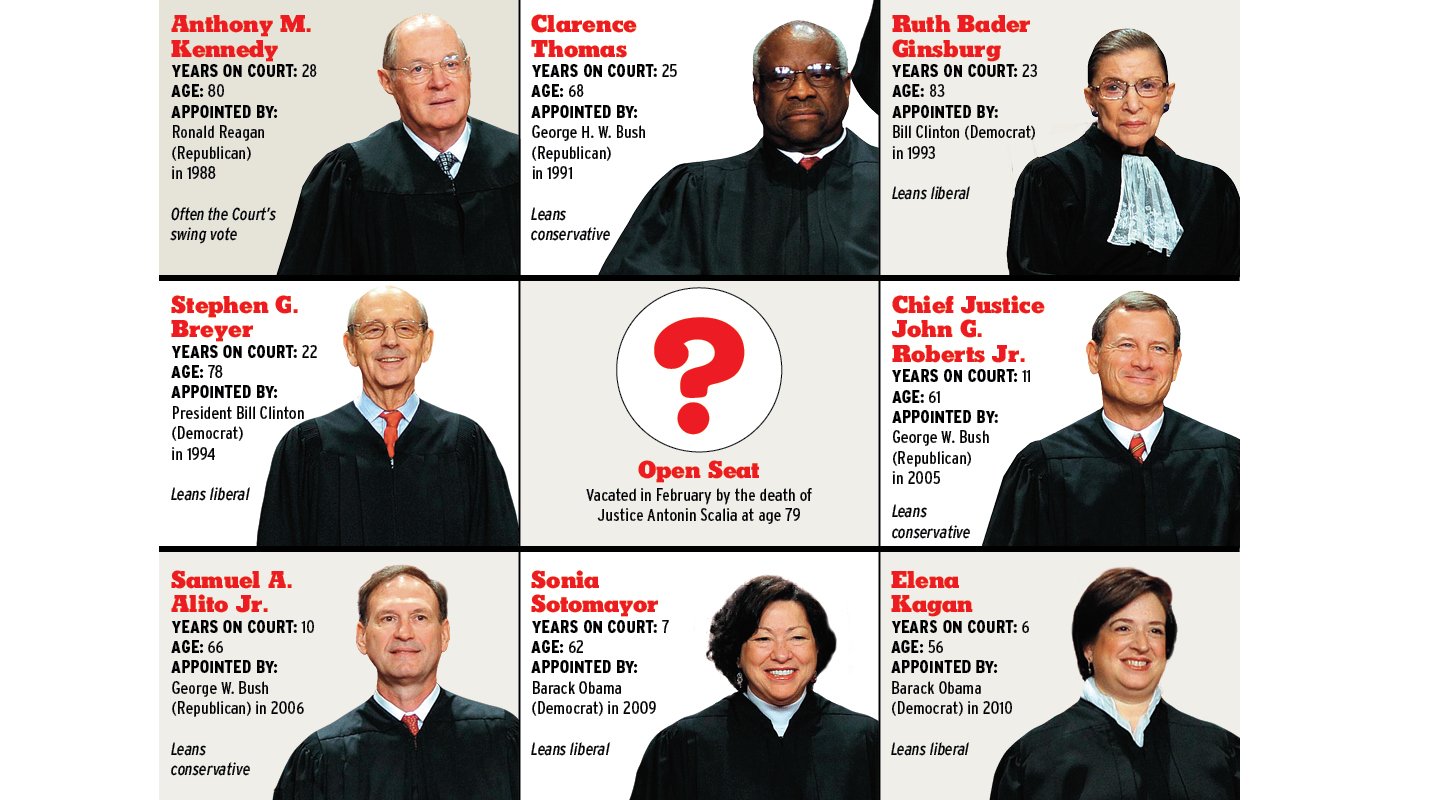We often say that Supreme Court justices have “life tenure.” But that’s just how we’ve interpreted the Constitution, which actually says justices can hold their offices as long as they maintain “good behavior.” This language suggests justices should retire when they’re no longer fit to work full-time.
Supreme Court justices have more influence on our society than almost anyone else. Virtually all other judges in the world are subject to term limits or age limits. Speaking from my own experience, I question the wisdom of letting justices in their 70s and 80s continue to exercise such great power. I am 85 years old, and I know that my own mental faculties aren’t as sharp as they used to be.
Historically, some justices who were seriously unfit held on to their power far too long. Former Chief Justice William Rehnquist continued deciding key cases in 2005 as he was in the hospital dying of cancer. Thurgood Marshall was 82 and in very poor health when he retired from the Court in 1991. Justice Antonin Scalia had long suffered from a number of serious medical problems, including heart disease, obesity, and diabetes. Despite those issues, he had declared at age 77, two years before his death, that he would not retire as long as there was a president who he thought would nominate a more liberal justice as his replacement.
Two factors have enabled justices to remain on the bench longer: an increased reliance on young law clerks and a smaller caseload. Since 1925, Congress has allowed the Supreme Court to choose which cases it will hear. The justices once accepted close to 300 cases a year; now they hear about 80.
It’s time for Congress to address this problem. We already have a judicial process by which aged and disabled federal judges can be placed on “senior status,”** which is a form of retirement. Congress should extend that process to Supreme Court justices. Presidents should appoint a new justice during each term of Congress, with justices who’ve been on the Court more than 18 years acquiring “senior status” similar to that held by older judges sitting on lower federal courts.
PAUL D. CARRINGTON
Professor Emeritus, Duke University School of Law

